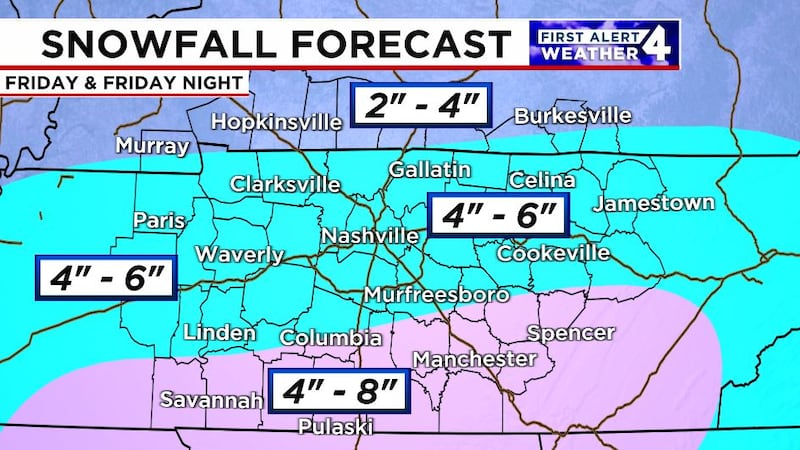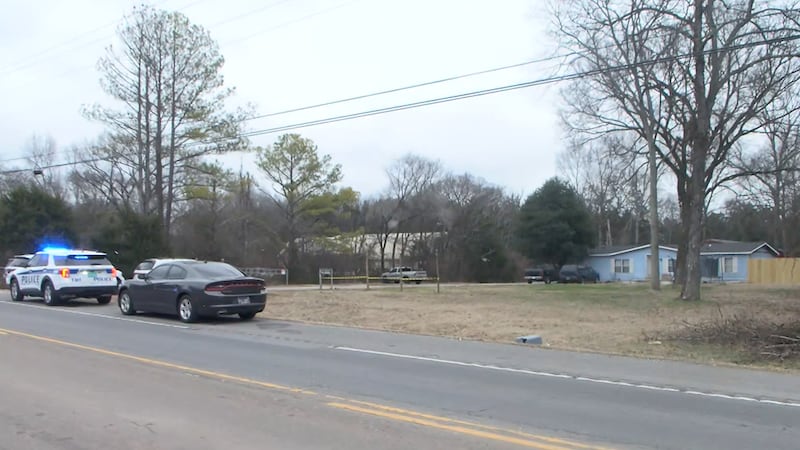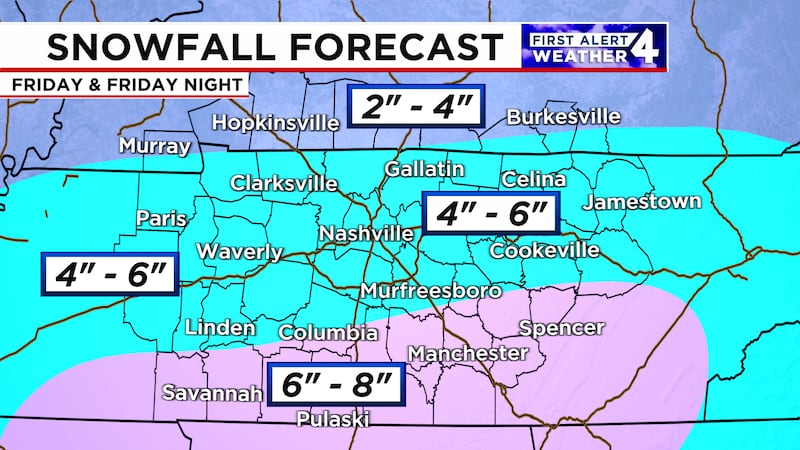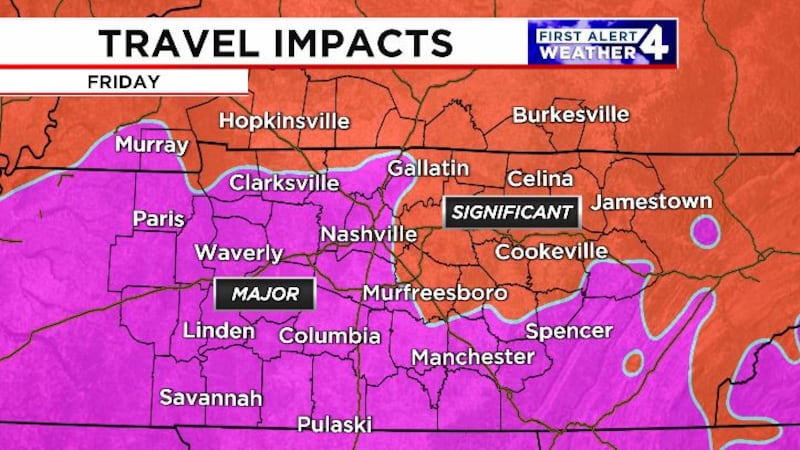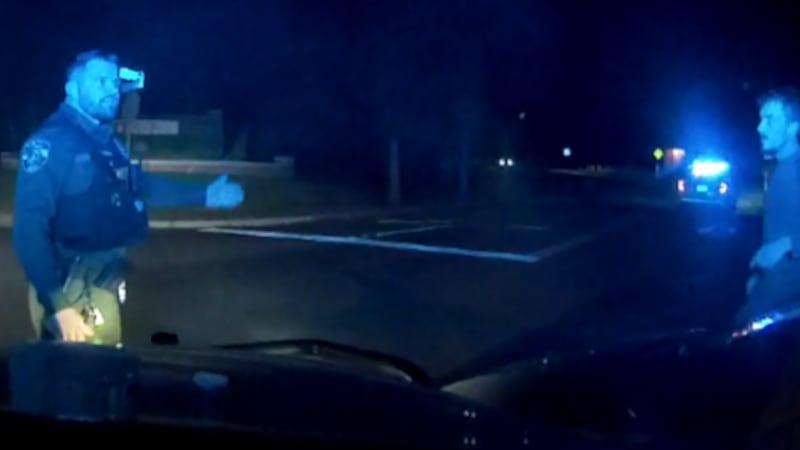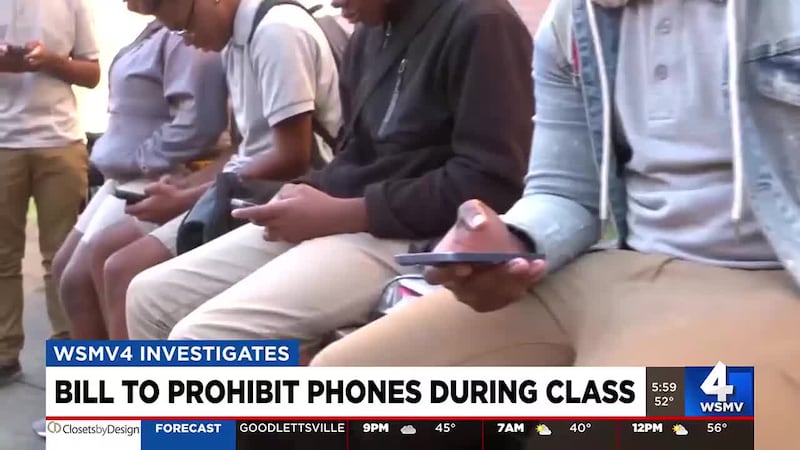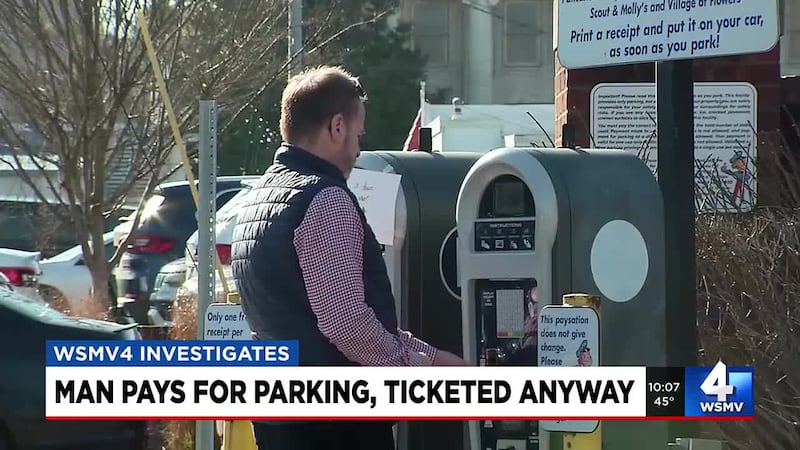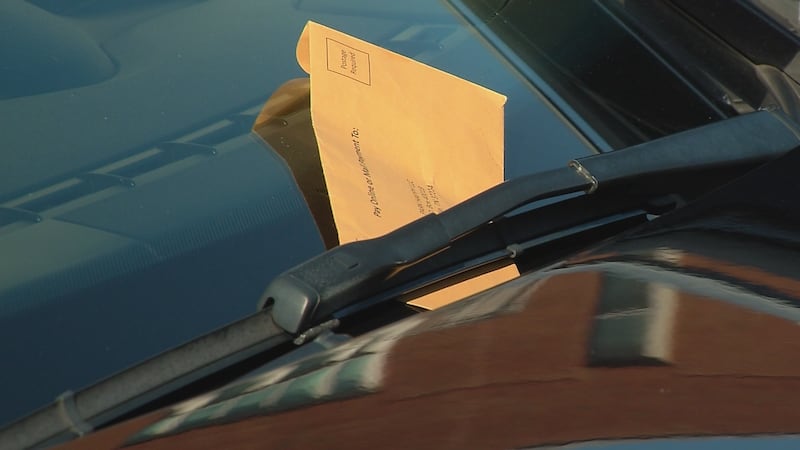Yes, Tennessee state troopers can mute their body cameras when making arrests
Attorneys representing sober people arrested for DUI say the THP policy on muting audio is a problem.
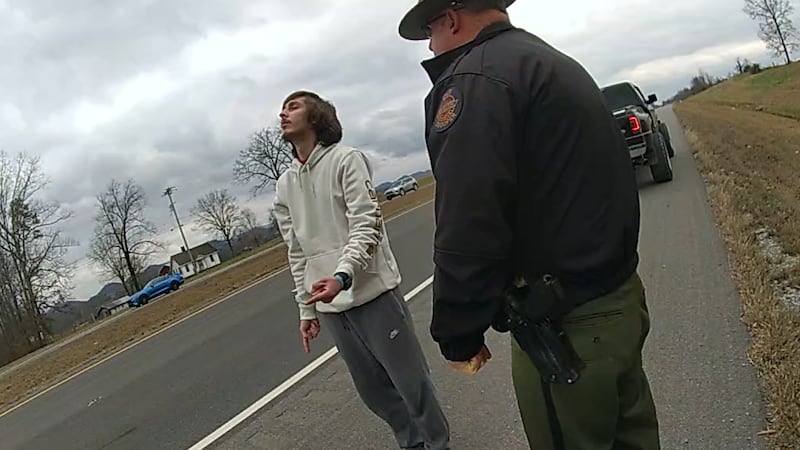
MONROE COUNTY, Tenn. (WSMV) - It’s something WSMV4 Investigates noticed when we first exposed that a sober driver was suing two Tennessee state troopers for arresting him for a DUI: one of the troopers kept turning off his audio.
We wondered: can they do that? Can they turn off the audio so we, the public, can’t hear what’s happening? And why do they even do it in the first place?
We found some answers, but also, a lot more questions.
A quick recap: Thomas Manis is suing THP troopers Billy Yates-Matoy and Riley Shreiner for the Dec. 29, 2023 arrest, after he repeatedly says he hasn’t been drinking and hasn’t smoked marijuana in four years.
The body camera footage shows that even before Manis was given a field sobriety test, Yates-Matoy says that he knows one of Manis’ relatives and, “guarantee he smoked weed today.”
Manis’s bloodwork would later reveal he was completely sober at the time of his arrest, something we found repeatedly happening to sober drivers in Tennessee.
In reviewing the body cam video worn by Shreiner, we noticed that, on three separate occasions, he turned his audio off.
The first time it happens, Shreiner walks to the back of the trooper’s vehicle to talk to Yates-Matoy.
For thirty sections, Shreiner and Yates-Matoy talk, but you cannot hear what they say.
Almost immediately afterward, Manis is arrested and handcuffed.
WSMV4 Investigates asked a THP spokesman if Major Travis Plotzer if Shreiner is allowed to turn off the audio, but Plotzer said because of the lawsuit, he wasn’t allowed to comment.
So WSMV4 Investigates filed an open records request for the THP’s body camera policy.
We obtained it, and it reads (on page 5 of the policy, if you want to read it) that the camera should “remain activated and not be deactivated” when, for example, a driver is pulled over by troopers.
However, there are exceptions, including that audio can be turned off “during communication with other law enforcement.”
Translation: when troopers talk to each other or other law enforcement, they can mute themselves.
That’s a problem, according to Seth Crabtree, an attorney who specializes in DUI defense.
“It’s never necessary,” Crabtree said about muting audio on body camera. “If you’re not doing anything wrong, you want that body camera rolling. It’s a bad look for law enforcement to record an entire interaction with the public in their investigation and then kill the cam.”
Manis’s attorney, Scott Kanavos, said while neither he nor Manis can discuss the case, he does feel that body camera audio protects innocent people.
“We, the taxpayers, pay for the technology that is available to law enforcement. They are an extension of us-not the masters of us-as such, police videos belong to both sides of any police-citizen controversy,” Kanavos said.
What’s conflicting in Shreiner’s video is that the audio does record several conversations between himself and Yates-Matoy.
And we found that in two other instances, Shreiner mutes the audio.
At another point in the arrest, Shreiner and Yates-Matoy walk off to talk, and the audio is muted.
But it remains off for two minutes, as Shreiner inspects Manis’ truck, as he goes back to briefly talk to Manis, and as he gets his paperwork together. It’s unclear if it was on purpose or if he forgot to turn it back on.
THP’s policy also reads that the cameras should not be recorded when a trooper encounters an undercover officer or confidential informants, when the trooper is on break, or when a person has an expectation of privacy.
So what happens near the end of Manis’ arrest is questionable.
As a tow truck driver arrives to pick up Manis’ truck, the driver asks if Manis is drunk.
Once again, Shreiner mutes the audio.
“There’s no justification not to record that conversation - other than - it could hamper the officer’s case as they’re building it,” Crabtree said.
WSMV4 Investigates again emailed the THP, asking if perhaps we had missed something in the policy that explains the last two instances of silenced audio, but the spokesman again wrote that because of the litigation, he couldn’t comment.
If there’s something you want us to know for this story, please email Jeremy.finley@wsmv.com.
Copyright 2024 WSMV. All rights reserved.


